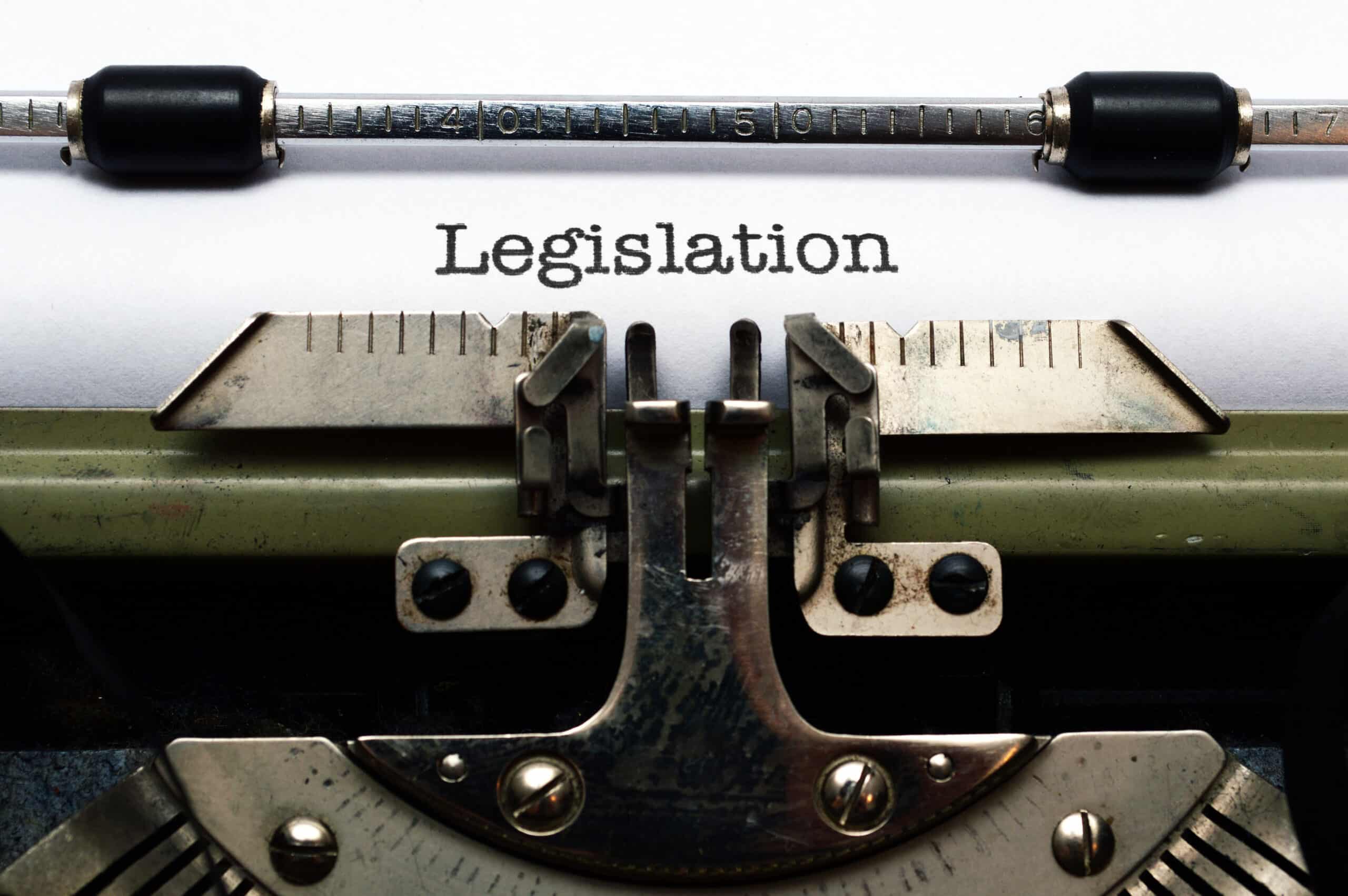In a recent news event, a Fordham University alumnus has brought a lawsuit to the forefront, invoking the newly enacted New York State Adult Survivors Act. To fully comprehend this act, we first need to delve into its meaning and what it entails for victims of sexual abuse.
Who Does The New York State Adult Survivors Act Protect?
The New York State Adult Survivors Act, passed in 2021, is a significant advancement in the field of law. Its primary purpose is to extend legal rights to survivors of sexual abuse who were adults at the time of the abuse. Many survivors may have been unable to seek justice for various reasons, including fear, shame, or a lack of understanding about their rights. This Act is a beacon of hope for them.
So, what does this Act specifically offer survivors of sexual abuse? The cornerstone of the Act is that it provides a one-year “look-back window”. This window permits survivors to file civil lawsuits against their abusers or the institutions that may have facilitated the abuse, irrespective of how long ago the abuse occurred.
However, there’s a specific condition: the survivor must have been barred from filing a suit earlier because of the statute of limitations. For the unfamiliar, the statute of limitations is a law that sets the maximum time after an event within which legal proceedings may be initiated.
What is A Statute of Limitations?
A statute of limitations is a law that sets the maximum period of time after an event within which legal proceedings related to that event can be initiated. It sets a “countdown timer” after a crime or civil wrong, after which the legal action can no longer be pursued.
The concept of a statute of limitations exists to promote fairness and judicial efficiency. Over time, evidence can get lost or degraded, memories can fade, and witnesses may no longer be available or reliable. Therefore, the idea is to ensure that legal action takes place within a reasonable time frame when the evidence is still fresh.
The statute of limitations for sexual assault can sometimes be a significant barrier for survivors. They may not be able to process what has happened to them, or they might not feel safe or ready to come forward until much later, often beyond the statute of limitations.
This is where the New York State Adult Survivors Act comes into play. The Act acknowledges that survivors often do not disclose the abuse or take legal action within the statute of limitations for rape due to various reasons, including trauma, fear, shame, and a lack of understanding about their rights.
What Is the Statute of Limitations on Sexual Assault Under the New Act?
The Act provides a one-year “look-back window,” during which adult survivors of sexual abuse can file a lawsuit against their abusers, regardless of how long ago the abuse happened. The look-back window effectively extends the statute of limitations, offering survivors an opportunity to seek justice even if the usual time limit has passed.
Under this Act, a survivor has the right to seek justice and compensation for their suffering. The survivor can file a lawsuit against the abuser or the negligent institutions, even if the abuse occurred a long time ago.
Survivors also have a right to privacy during this process. Courts often allow survivors to file lawsuits using pseudonyms to protect their identity. They have the right to get a support person or persons present in all hearing and depositions. They can also ask for court records to be sealed to protect their identity from being publicized.
What Damages Are Available Under the NYS Adult Survivor’s Act?
But what are the damages available to survivors under this Act? In the legal sense, “damages” refer to the sum of money the law imposes for a breach of some duty or violation of some right. Under the New York State Adult Survivors Act, survivors can claim two types of damages: compensatory and punitive.
Compensatory damages are meant to make up for the harm suffered by the survivor. These damages can be economic – like medical bills, therapy costs, lost wages – or non-economic – like pain, suffering, and emotional distress.
On the other hand, punitive damages are designed to punish the abuser or negligent institution and deter them, and others, from committing such acts in the future. Punitive damages are usually awarded in cases where the conduct was outrageously careless or intentionally harmful.
In conclusion, the New York State Adult Survivors Act represents a significant step forward in protecting the rights of survivors of sexual abuse. It not only provides them with an avenue to seek justice and closure, but it also imposes a tangible penalty on the perpetrators. It signifies an important recognition that survivor’s rights and their ability to seek justice should not be constrained by time.
While the Act doesn’t erase the trauma of the survivors, it brings hope and reassurance. It tells survivors that it’s not too late – that their voices can be heard, and that justice can be served. It’s a promising example of law striving to heal wounds and provide closure, irrespective of the statute of limitations on sexual assault.
Bronx Accident Lawyers24-7.com | Ask Questions – Get Answers
If you have any questions about a New York State Adult Survivors Act claim, contact our experienced personal injury lawyers by email or by calling (800) 762-9300 for a free consultation. Remember, seeking help is a sign of strength, not weakness.










